Far North Indigenous leaders reflect on Voice to parliament one-year anniversary
One year after the Voice to parliament was rejected, Indigenous leaders in the Far North want little to do with government departments, as issues spanning decades remain unsolved.
Cairns
Don't miss out on the headlines from Cairns. Followed categories will be added to My News.
First Nations communities of the Far North which overwhelmingly voted in favour of a Voice to parliament feel they are no closer to being heard on grassroots issues, than they were before last year’s referendum.
Australians decided against an Indigenous Voice to parliament on October 14, 2023, with 60 per cent opposed, while 68 per cent of Queenslanders also voted No.
While in the Far North the two federal electorates of Leichhardt (65 per cent No) and Kennedy (80 per cent No) did not support change to the constitution, 10 of the region’s 13 Indigenous communities voted in favour of a Voice – with data for Aurukun, Mapoon and Napranum falling under “mobile voting” polling stations.
At the time, Australians were led to believe regardless of the result of the referendum, Indigenous issues would remain in the spotlight and at the forefront of government agendas.
“Our government will continue to listen to people and to communities. Our government will continue to seek better outcomes for Indigenous Australians and their children and the generations to come,” Prime Minister Anthony Albanese said immediately following the defeat.
One year on, leaders and former mayors of Far Northern First Australian communities say little has changed.
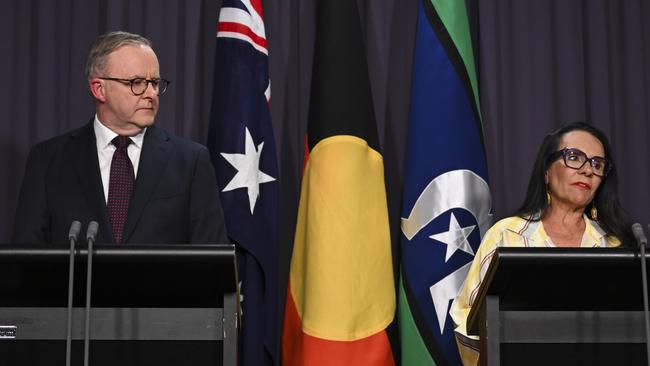
Doomadgee Aboriginal Shire Council Mayor Fred O’Keefe, whose community was 66 per cent in favour said since October 2023, there had been “poor” communications between the local community and the federal government.
“You know they only catch up with us once a year, it’s not good enough. We need to keep talking,” Mr O’Keefe said describing the year since the referendum as “all talk and no action”.
“The number one problem is still health and living, (there’s) a lack of living style and new houses, there’s still a lot of overcrowding.”
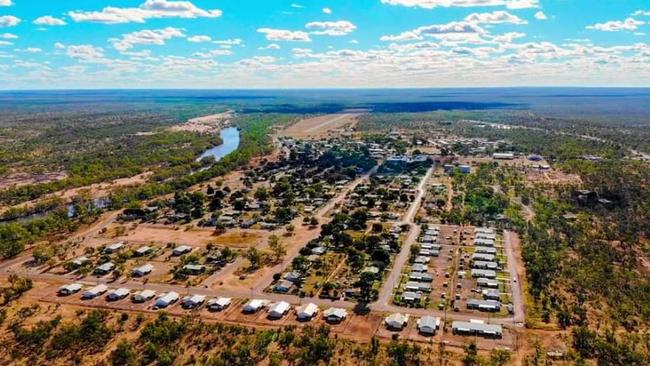
He said they were issues he had been advocating for change on for more than three decades.
“Nearly 20 to 30 years, it’s been happening and I’m not making any progress at all,” he said.
“It’s frustrating, especially when you know the living standards. There’s crowding and all that, and the employment side of it, you know, for the young people.”
Mr O’Keefe said beyond housing solutions, he wanted greater autonomy to help the youth of his community “stay out of jails” and employed on the region’s stations.
“People just got out there, working on cattle stations, they loved working with the cattle industry.
“There was less drinking, less problems and less drug habits.”
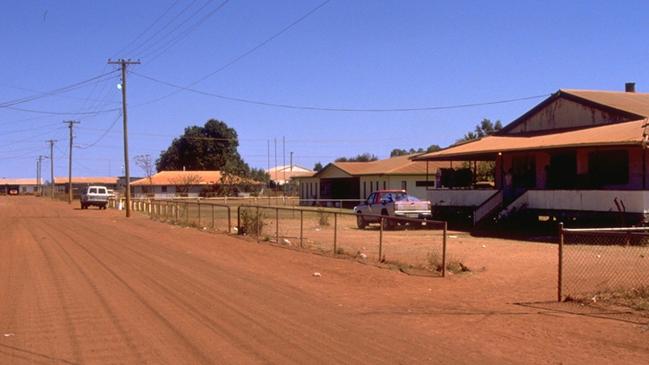
He also said the government needed to give money directly to the communities such as the Doomadgee Aboriginal Shire, for them to “work it out” their way.
“Give us the money, we’ll sort it out, because it’s no good the government people coming along and wanting to work it out their way. It doesn’t work like that.”
Mornington Island had the highest yes support from the Far North’s Indigenous communities with 76.7 per cent in favour, but its then-mayor chose not to cast a vote.
“I was half and half,” former mayor Kyle Yanner said.
“But I wasn’t sold, we’ve had all these other initiatives, what have they achieved?”
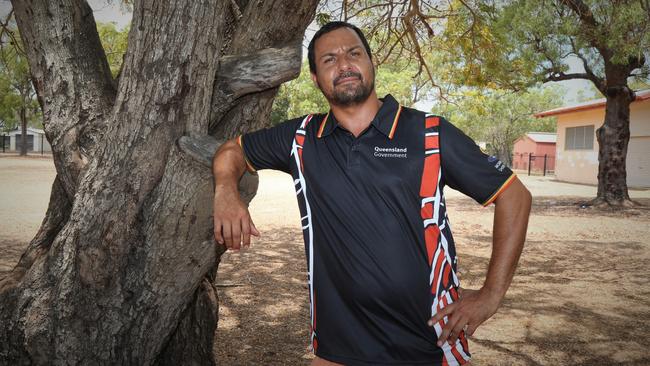
Mr Yanner said he believed improving living standards could not be achieved unless policies were driven from within the communities and accepted by larger governments.
During the campaign he’d advocated for “local” or “regional” voices, rather than a singular, centralised representative or agency.
“Old mate who’s the Voice, yeah he might be Aboriginal, but he might be from The Cape and that might be close to The Gulf but we all have different needs.”
Mr Yanner’s frustrations were epitomised by a KPMG audit he said found $326m had been “invested” into the island by government services between 2017 and 2022, with little outcomes to show.
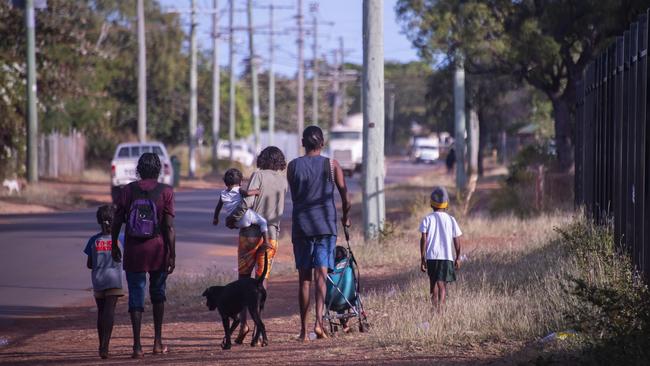
“Yet the stats say domestic violence is going up, school attendance is going down, everything is going down except the funding.
“Everyone says us blackfellas just get handouts, no we don’t, the government departments are getting the handouts.
“They set the KPIs for their departments, not for our communities – health, crime, education, employment opportunities aren’t being taken care of – they’re still rolling out bulls--t programs for our kids here that do nothing.
“They’re still modelling programs down in the southeast corner and expecting them to be successful over in The Gulf – with our different cultures. It’s like trying to design a vehicle in Brisbane and trying to drive it up here.”
Similar to Mr O’Keefe, Mr Yanner has long stood for greater autonomy over community matters and said policies needed to be co-designed.
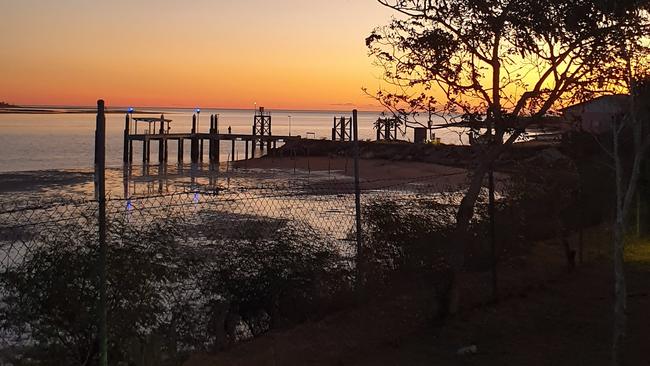
“We have good people on the ground already, but we don’t have specialists like psychiatrists so we do need government support. But we need culturally appropriate programs, most of the programs we get are western ideologies.”
He said while he wasn’t surprised by the audit which found the community had received $326m in five years, he was angered by the lack of response.
“I'm just over it – it’s like no one has learned a lesson. The handouts go to these programs that are, in fact, f---ing killing us.”
Between 2017 and 2021 the median age of death was 54 in Aurukun and Mornington Island.
On Mornington Island food was 70 per cent more expensive than in Cairns with a trolley costing $1000 to fill: Tim Tams are $10, a rump of steak is $30 and toothpaste is $15 a tube.
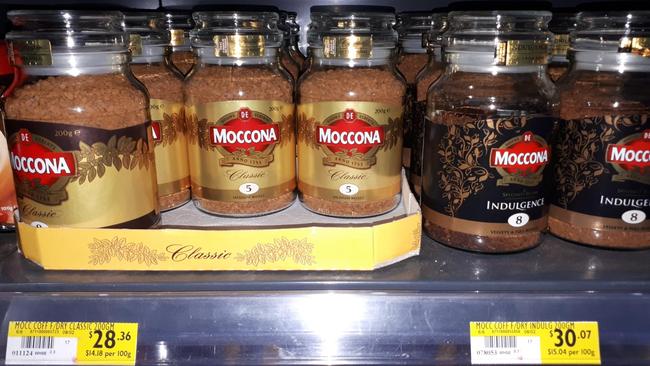
Former Yarrabah Aboriginal Shire Council Mayor Percy Neal, who is “active” with the new administration, said he felt residents in the Indigenous community south of Cairns had no choice but to vote Yes.
“Personally, I felt no one really knew what they were voting for, but if you’re a Murri, you have to vote yes, why wouldn’t you,” Mr Neal asked.
He said one year on he felt indifferent to the Voice being knocked back, but bluntly stated “no” when asked if he felt he had a platform to be heard at state and federal level.
Asked what Yarrabah issues he would take up with the Voice, had it got up, Mr Neal turned the question around asking: “What do you think?”
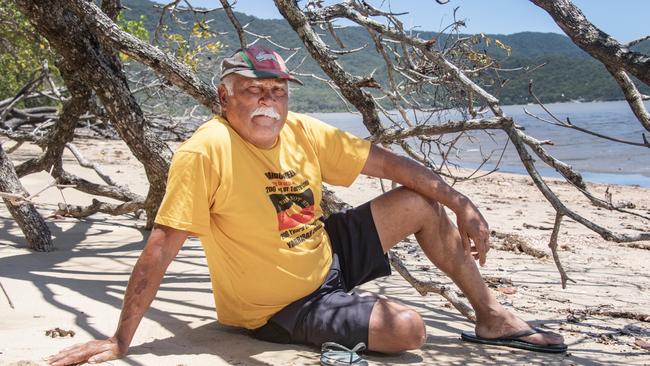
The responding to the suggestion of greater housing, he chuckled and said: “Yeah that’s right, but that’s a ‘tick-a-box exercise’.
“People come here and show us house designs and what we could be living in, four, five-bedroom houses with two bathrooms and they look great.
“But no one understands it – how they’re supposed to afford it, whose going to build it, why can’t we build our own on our own land?
“The biggest issue is access to land so we can participate in the economy. We got Gina Rinehart and (Andrew) Forrest making their wealth out of our country and we don’t have rights to our country.”
At the NIAA we continue to work to ensure Aboriginal and Torres Strait Islander peoples are heard, recognised and empowered, including through our efforts to strengthen the implementation of the National Agreement on Closing the Gap. We are working hand-in-hand with First Nations people to drive action to meet the Closing the Gap targets, and implementing activities to promote reconciliation and meaningful change, including:
• Partnering with First Nations organisations to support community-led initiatives in identified regions across the country including the plan for A Better, Safer Future for Central Australia (Central Australia Plan).
• Supporting programs providing training to help First Nations people to enter the workforce, particularly in remote areas.
• Providing safe and affordable housing, including culturally appropriate living arrangements.
• Funding ranger programs that empower First Nations people to manage land and sea Country in line with Traditional Owner objectives.
• Developing a national strategy for food security in remote First Nations communities.
Additionally, the Australian government is delivering on improving outcomes for First Nations people through the following:
• A new program to Close the Gap in employment outcomes by creating an initial 3000 jobs in remote Australia, with proper wages and conditions.
• Significant investments in housing, including a $4bn, 10-year plan to halve overcrowding in remote NT communities.
• A $10bn milestone in commonwealth contracts for Indigenous-owned businesses under the Indigenous Procurement Policy.
• A dedicated National Commissioner for Aboriginal and Torres Strait Islander Children and Young People.
• More than $340m to address community safety issues through the Central Australia Plan.
• Fee-free TAFE, which has seen more than 30,000 First Nations student enrolments.
• $18m for boarding schools to give remote First Nations students access to education.
• A landmark justice reinvestment package, supporting communities to find local solutions to improve community safety and reduce incarceration rates.
•500 First Nations Health Trainees, with 300 already in place.
• 30 remote dialysis units to provide lifesaving care On-Country.
• Progressing work to expand the Indigenous Rangers program, as part of our plan to double the number of rangers by the end of the decade.
•A First Nations Ambassador, giving the oldest living culture in the world an international platform.
Originally published as Far North Indigenous leaders reflect on Voice to parliament one-year anniversary



